According to the instructions of the Central Organizing Committee on the establishment of party organizations in local administrative units after the reorganization, the provincial and municipal Party Committees direct and arrange, assign leaders, managers, civil servants, public employees and staff of advisory and support agencies of the commune-level Party Committees in the direction of basically arranging current district-level and commune-level cadres, civil servants, public employees and staff to the commune level.
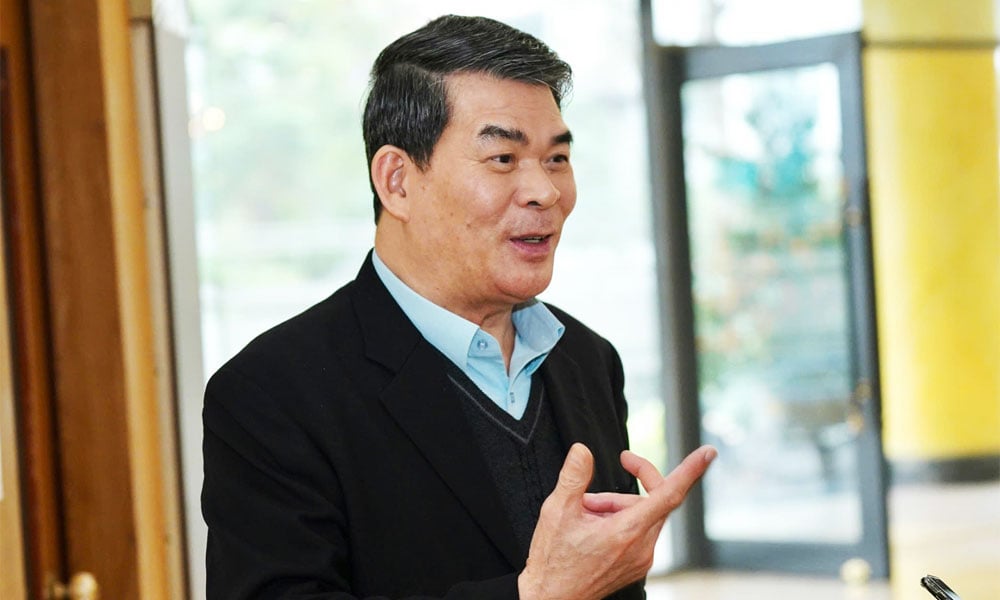 |
Former Deputy Minister of Home Affairs Nguyen Tien Dinh. |
For the leadership positions of the Party Committee at the commune level, it is necessary to consider and arrange cadres with sufficient qualities and capacity to meet the general work requirements, and at the same time follow the following orientation order: The personnel are permanent members; members of the Standing Committee; Vice Chairmen of the People's Council, People's Committee; current district-level Party Committee members...
In addition, it is possible to increase a number of leaders and managers at the provincial level (if necessary) to become leaders of the commune-level Party Committee.
Former Deputy Minister of Home Affairs Nguyen Tien Dinh said that before the district level (intermediate level) was abolished, there were many cases of department directors, provincial and city party committee members becoming district party committee secretaries. Therefore, when the communal, provincial and central level cadres are linked according to the draft revised Law on Cadres and Civil Servants expected to be passed by the National Assembly soon, the rotation of cadres and civil servants from the province and district to become commune leaders is completely normal.
When all the authority, tasks and functions of the district level are transferred to the commune level, areas such as health, education and public services are directly managed and implemented by the commune level.
Therefore, the secretaries and chairmen of the People's Committees at the commune level will be given more powers, from recruiting, using, to disciplining cadres to meet the need for direct management with the people. Along with that, the provincial level will continue to decentralize more power to the communes.
The former Deputy Minister of Home Affairs said that it is necessary to send provincial-level officials to the commune level, especially in some key and complicated areas. Department directors or provincial Party Committee members can take on the role of commune-level secretaries, although the work here requires more comprehensiveness than the specialized work at the department level.
“This is also an opportunity to train and improve the capacity of cadres. When leading a commune, they will have to fully grasp issues such as socio-economic development, security and order, etc.,” Mr. Dinh stated.
Transitional phase to stabilize the apparatus after merger
According to Mr. Dinh, in the context of merging administrative units, the arrangement and screening of officials from the provincial and district levels down to the commune level needs to ensure stability, avoid disruption in leadership and provision of public services to people and businesses.
“The restructuring of the apparatus will create chaos and is also very complicated. Not to mention, the Government has set a very urgent goal of having the two-level government model - provincial and communal - come into operation from July 1,” Mr. Dinh said.
Therefore, the former Deputy Minister said that the draft Law on Organization of Local Government (amended) stipulates a transitional period that is suitable to actual conditions to stabilize the apparatus and staff in the immediate future and gradually screen to achieve quantity and quality in the next 5 years.
He emphasized that the current responsibility of the provincial level is to arrange and finish the district level to complete the commune level apparatus to stabilize order. In particular, decentralization and delegation of authority to the provincial level to decide on personnel issues is also a necessary step at this time.
According to the Ministry of Home Affairs, according to preliminary statistics from localities, the total number of commune-level administrative units nationwide newly formed after the rearrangement is about 3,300 units, ensuring a reduction of 60-70% in accordance with the spirit of the Central Government. Localities can arrange for current members of the provincial or municipal standing committees to become new ward or commune secretaries. Not only department directors, provincial or municipal party committee members, but even important localities can arrange for current members of the provincial standing committees to become heads of local party committees. The locality will decide and be responsible for the content related to personnel arrangement such as who will be the secretary, who will be the chairman, vice chairman, and how local specialized agencies are organized according to current regulations. |
Source: https://baobacgiang.vn/dua-tinh-uy-vien-giam-doc-so-ve-xa-lam-lanh-dao-de-dao-tao-ren-luyen-can-bo-postid417362.bbg


![[Photo] President Luong Cuong presided over the welcoming ceremony and held talks with Sri Lankan President Anura Kumara Dissanayaka](https://vphoto.vietnam.vn/thumb/1200x675/vietnam/resource/IMAGE/2025/5/5/bbb34e48c0194f2e81f59748df3f21c7)


![[Photo] Solemn opening of the 9th Session, 15th National Assembly](https://vphoto.vietnam.vn/thumb/1200x675/vietnam/resource/IMAGE/2025/5/5/ad3b9de4debc46efb4a0e04db0295ad8)


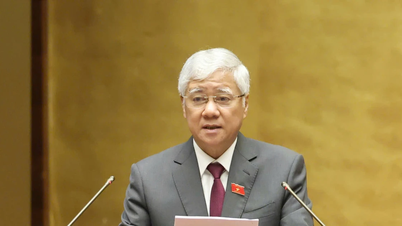

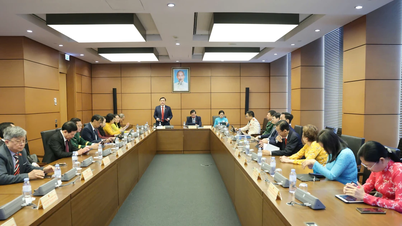

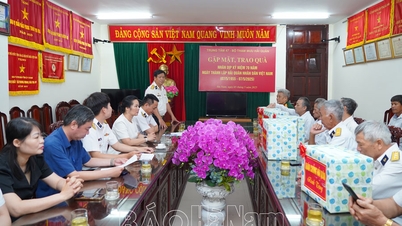





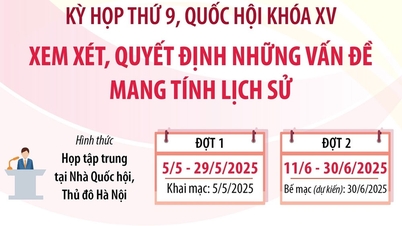

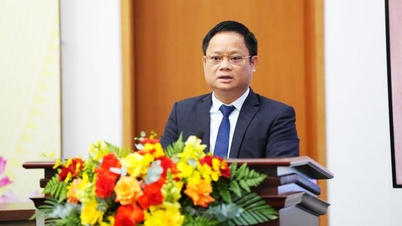

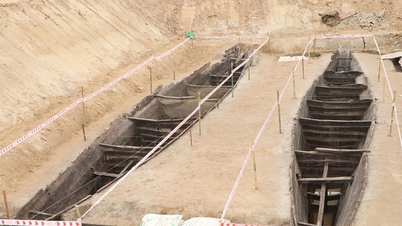
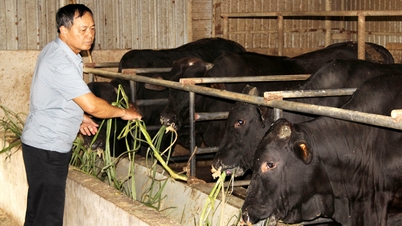

![[Photo] National Assembly delegates visit President Ho Chi Minh's Mausoleum](https://vphoto.vietnam.vn/thumb/1200x675/vietnam/resource/IMAGE/2025/5/5/9c1b8b0a0c264b84a43b60d30df48f75)




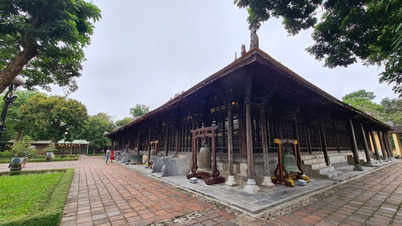



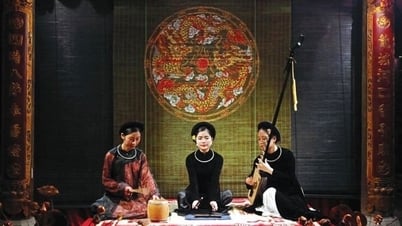
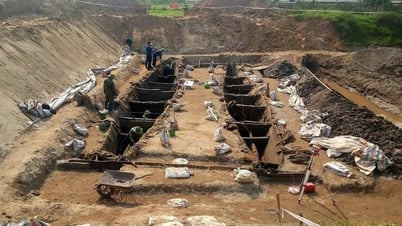


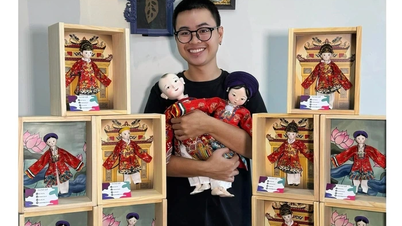




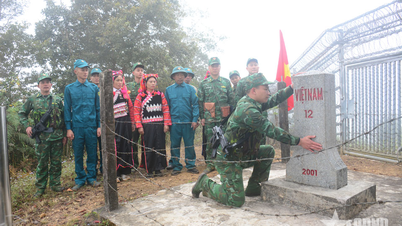

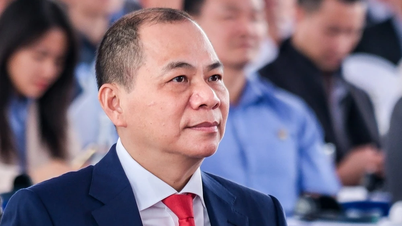









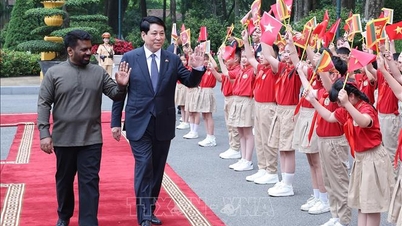

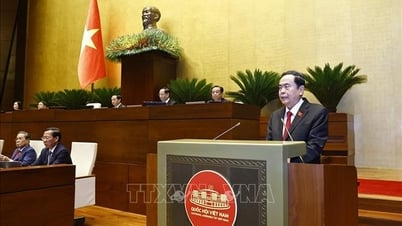
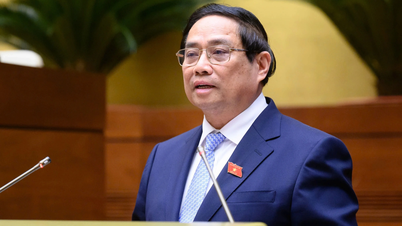
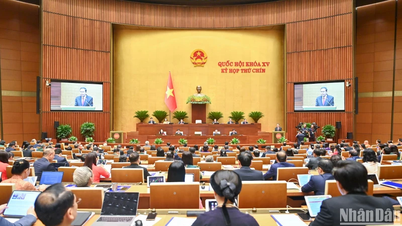


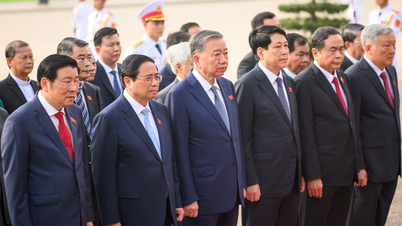






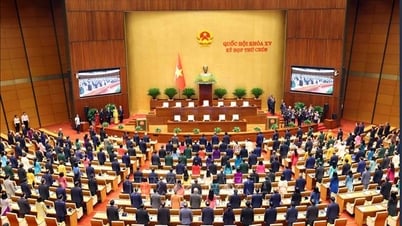











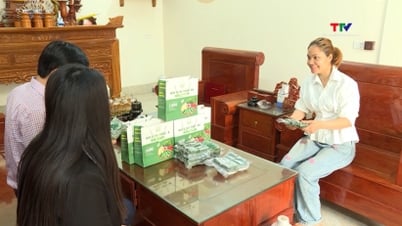

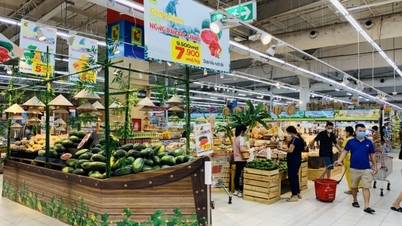









Comment (0)